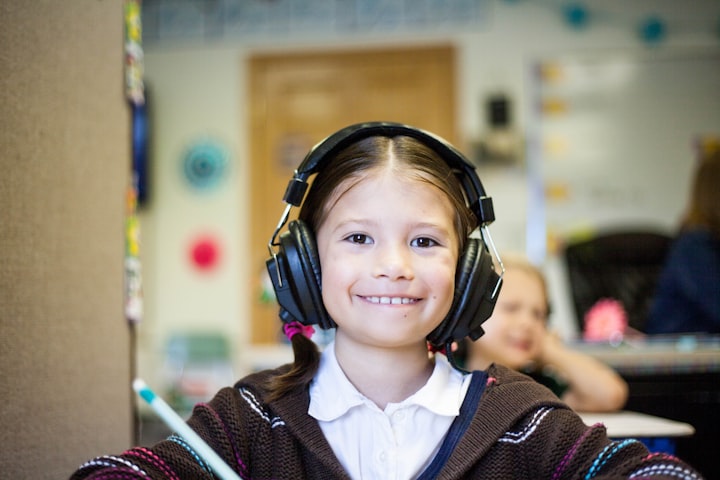Sound Check: How Lifestyle Changes Can Safeguard Your Precious Hearing
Embracing Hearing Health: Understanding the Importance of Our Ears

The ability to hear is a remarkable gift that connects us to the world's rich tapestry of sounds, allowing us to experience the laughter of loved ones, the melodious notes of music, and the soothing whispers of nature. Yet, as we navigate the bustling landscapes of the modern era, our hearing health faces unprecedented challenges. The incessant cacophony of urban life, the allure of personal audio devices, and other harmful habits threaten the longevity and clarity of this precious sense. In this article, we embark on a journey to explore the profound significance of hearing health and delve into the transformative potential of lifestyle changes in safeguarding our most treasured sense - the gift of hearing.
Recognizing Early Signs of Hearing Loss
Being aware of the early signs of hearing loss can be crucial in seeking timely intervention. Some common indicators include difficulty understanding conversations, frequently asking people to repeat themselves, turning up the volume on electronic devices excessively, and experiencing ringing or buzzing sounds in the ears (tinnitus). Recognizing these signs allows individuals to take proactive steps to address hearing issues before they worsen.
Educating the Community on Hearing Health
Creating awareness about the importance of hearing health is essential to effect meaningful change. Community outreach programs, school seminars, and workplace awareness campaigns can help disseminate information about the risks of noise exposure and the importance of adopting hearing-friendly habits. Encouraging open discussions about hearing health can help break stigmas and empower individuals to take charge of their auditory well-being.
Safe Listening Environments in Public Spaces
Public spaces, such as gyms, restaurants, and public transportation, often expose individuals to high noise levels. Advocating for quieter public spaces and implementing noise regulations can create more hearing-friendly environments. Additionally, installing sound barriers in noisy areas can help reduce the impact of noise pollution on the public.
Protecting Hearing in Occupational Settings
Occupational settings like factories, construction sites, and music venues pose unique challenges to hearing health. Employers can take proactive steps to protect their workers' hearing by providing appropriate hearing protection devices, conducting regular hearing screenings, and promoting education on hearing conservation practices.
Parental Role in Hearing Health for Children
Parents play a pivotal role in ensuring their children's hearing health. Starting from a young age, parents can teach children about the importance of protecting their ears from loud noises and the responsible use of personal audio devices. Monitoring listening habits and limiting screen time with headphones are essential practices for parents to implement.
Supporting Research and Innovation
Encouraging research and innovation in the field of hearing health can lead to the development of new technologies and treatments. Governments, organizations, and individuals can support research efforts aimed at finding solutions for hearing loss, tinnitus, and other auditory conditions.
Holistic Approaches to Hearing Health
Taking a holistic approach to hearing health involves considering the interconnectedness of various factors that impact auditory wellness. This includes mental health, social connections, and overall lifestyle choices. Engaging in activities that promote mental well-being, fostering strong social connections, and maintaining a healthy lifestyle can positively influence hearing health.
Click here to improve hearing health!!
In conclusion, the preservation of our precious hearing requires a collective effort from individuals, communities, and governments. By understanding the risks associated with noise exposure and making conscious lifestyle changes, we can safeguard our auditory system and prevent unnecessary hearing loss. Embracing responsible listening habits, promoting hearing protection in public spaces and workplaces, educating children about hearing health, and supporting research are essential steps in ensuring a harmonious and hearing-friendly future for all. Let us strive to cherish and protect this invaluable sense, allowing us to savor the beautiful symphony of sound that surrounds us.





Comments
There are no comments for this story
Be the first to respond and start the conversation.